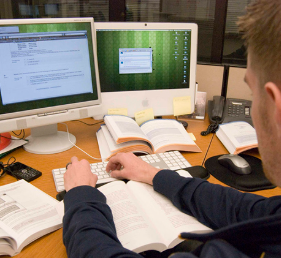Problem-solving is a valuable skill that helps us tackle challenges confidently—whether in school, work, or everyday life. The good news is that problem-solving is something you can develop and improve with practice.
Here are some friendly tips to help you become a better problem solver.
1. Understand the Problem
Before jumping to solutions, take time to clearly understand the problem. Ask yourself questions like:
-
What exactly is the issue?
-
Why is it a problem?
-
What are the key facts I need to know?
Breaking the problem down makes it easier to handle.
2. Brainstorm Possible Solutions
Think creatively and list as many solutions as you can—without judging them at first. Sometimes, even ideas that seem unusual can lead to great answers.
3. Evaluate Your Options
Look at each possible solution and consider the pros and cons. Which options are realistic? Which ones solve the problem most effectively? This step helps you choose the best path forward.
4. Make a Plan and Take Action
Once you’ve picked a solution, plan the steps needed to put it into practice. Taking action is key—don’t be afraid to try and learn from the process.
5. Reflect on the Outcome
After you’ve tried your solution, think about what worked and what didn’t. Reflection helps you improve your skills and prepares you for future challenges.
6. Stay Open-Minded and Patient
Sometimes problems don’t have easy answers. Being patient and open to learning from mistakes will help you grow stronger over time.
7. Practice Regularly
Like any skill, problem-solving improves with practice. Try puzzles, brain teasers, or real-life challenges to sharpen your thinking.
8. Ask for Help When Needed
Don’t hesitate to seek advice from teachers, friends, or mentors. Sometimes a fresh perspective can make all the difference.
Final Thoughts
Improving problem-solving skills is a journey—and every step you take builds your confidence and creativity. By staying curious, patient, and proactive, you’ll find that challenges become opportunities to learn and grow.





